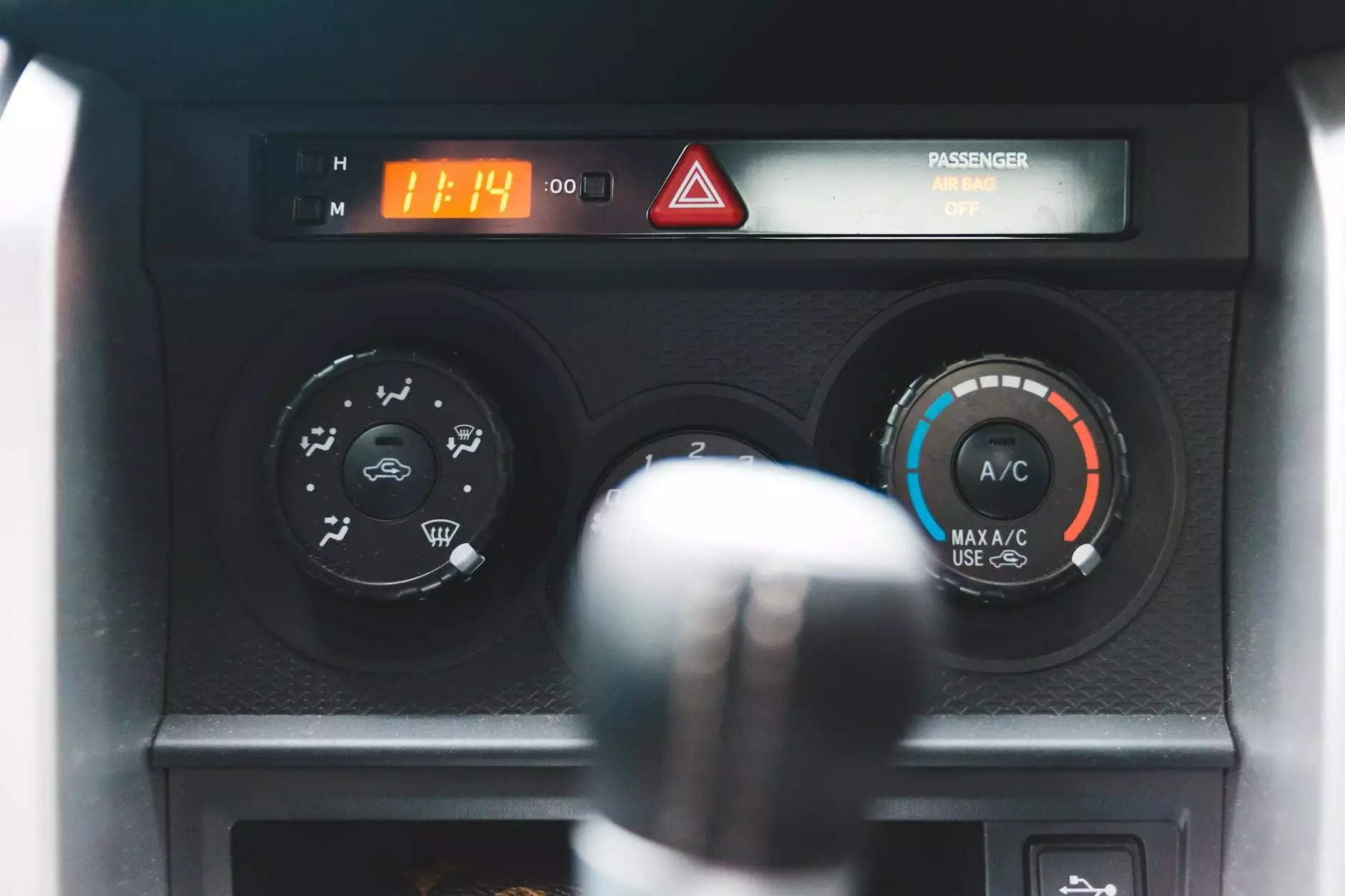Understanding Valve Body Transmission Prices: A Comprehensive Guide

When it comes to vehicle maintenance and repair, one of the most critical components to understand is the valve body transmission. This essential part plays a pivotal role in the functionality of an automatic transmission, affecting performance, fuel efficiency, and overall vehicle reliability. However, many car owners often find themselves puzzled by the valve body transmission price and the factors that influence it. In this article, we will delve deep into what a valve body transmission is, how its pricing varies, and tips on ensuring you get the best value for your investment.
What is a Valve Body Transmission?
The valve body transmission is often considered the "brain" of an automatic transmission system. It is responsible for directing the transmission fluid to the appropriate channels, facilitating the shifting of gears and managing the overall hydraulic functions of the transmission. Here are some key functions of the valve body:
- Fluid Distribution: The valve body ensures that transmission fluid flows correctly through the system, which is essential for lubricating, cooling, and operating the transmission.
- Gear Shifting: It controls the various hydraulic circuits to create appropriate pressure levels that help in shifting gears smoothly.
- Response to Driver Inputs: The valve body adapts gears based on accelerator pedal movement and speed, providing drivers with responsive performance.
Factors Influencing Valve Body Transmission Prices
The pricing of a valve body transmission can vary widely based on several factors. Understanding these factors can help you make an informed decision when purchasing parts. Here are some of the primary considerations:
1. Make and Model of the Vehicle
The make and model of your vehicle significantly influence the valve body transmission price. Luxury vehicles or those from manufacturers with limited availability may have higher-priced components due to their specialized nature and the cost of production.
2. Type of Valve Body
There are two main types of valve bodies: OEM (Original Equipment Manufacturer) and aftermarket. OEM parts are typically more expensive due to their compatibility and quality assurances from the manufacturer, while aftermarket parts might offer more competitive pricing but can vary in quality.
3. Condition of the Part
Valve bodies can be found new, rebuilt, or used. Naturally, new parts will come with a higher price tag, while rebuilt or used parts can provide a cost-effective alternative. However, when purchasing used parts, ensure you assess their condition to avoid future issues.
4. Location and Labor Costs
Where you purchase and install the valve body can also affect the overall cost. Local repair shops or dealerships may charge significantly higher labor rates compared to independent mechanics or online retailers. Consider this when budgeting for your replacement.
5. Additional Components
Sometimes, replacing the valve body may require additional parts such as seals, gaskets, or transmission fluid. These extra components can contribute to the overall expense, so it's vital to account for them in your budget.
Average Valve Body Transmission Prices
The average cost of a valve body transmission replacement can vary dramatically, typically ranging from $200 to $800 for the part itself, depending on the aforementioned factors. Labor costs can add another $200 to $500, resulting in total costs of $400 to $1300 or more. Here's a more detailed breakdown:
- OEM valve bodies: $600 - $1200
- Aftermarket valve bodies: $200 - $600
- Labor costs: $100 - $150 per hour
Examining the Cost of Valve Body Transmission Across Different Vehicles
It's essential to take a closer look at how different makes and models can impact the pricing of a valve body transmission. For example:
- Ford: Ford valve bodies generally range from $300 to $700 depending on the model.
- Chemnical: Transmissions for Dodge models can start at $250, reaching upwards of $800 for more complex or high-performance models.
- Toyota: Toyota valve bodies typically fall within the $400 to $900 range as they are specifically designed for reliability and efficiency.
- Luxury Brands: Brands such as BMW or Mercedes-Benz often have valve bodies costing well over $1000, reflecting their specialized engineering and high-quality standards.
How to Choose the Right Valve Body Transmission
Selecting the correct valve body transmission for your vehicle involves significant research and consideration. Here are some helpful tips on making the right choice:
1. Research OEM vs. Aftermarket
Determine whether you prefer OEM parts for guaranteed compatibility or are open to aftermarket options that may offer cost savings. It's wise to read reviews and assess the quality of aftermarket manufacturers.
2. Verify Compatibility
Ensure that the valve body is compatible with your vehicle's make, model, and year. Mismatched parts can lead to performance issues and additional costs.
3. Check Warranties and Guarantees
Auto parts companies often provide warranties for their products. A warranty is especially crucial for internal transmission components, as they can be expensive and time-consuming to replace.
4. Consider Installation Costs
Get quotes from several mechanics regarding installation to determine where you can get the best deal without compromising on quality. This ensures comprehensive coverage of total costs.
Tips for Maintaining Your Valve Body Transmission
Once you've invested in a high-quality valve body transmission, proper maintenance is essential for ensuring longevity and reliable performance. Here are some practical maintenance tips:
- Regular Fluid Changes: Transmission fluid should be changed according to the manufacturer's recommendations to prevent contaminants from damaging the valve body.
- Monitor Transmission Temperature: Excess heat can cause damage; keep an eye on temperature gauges and ensure the cooling system is functioning properly.
- Inspect for Leaks: Check regularly for any leaks around the transmission area, as low fluid levels can lead to severe issues.
- Addressing Issues Promptly: If you notice any unusual sounds or symptoms, such as slipping gears, be sure to consult a professional promptly.
Conclusion
Understanding valve body transmission prices and the factors that influence them is crucial for any vehicle owner. By knowing how to choose the right parts, monitoring maintenance, and ensuring quality, you’ll not only save money but also enhance your vehicle's performance. Whether you choose to go with an OEM part or an aftermarket alternative, striving for quality and compatibility remains paramount. For more information and high-quality auto parts, visit Shenghai Auto Parts to explore a vast selection of automotive components catered to fit your needs.









